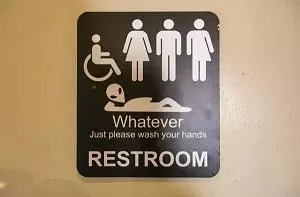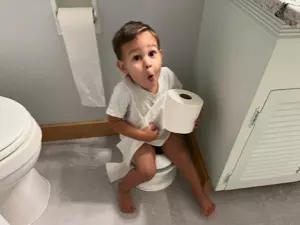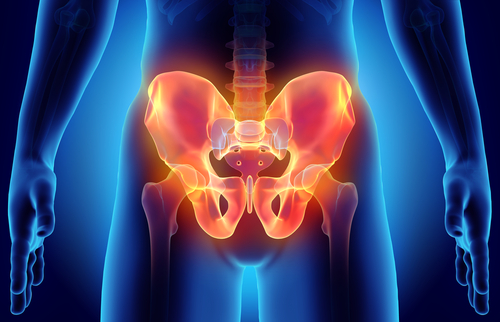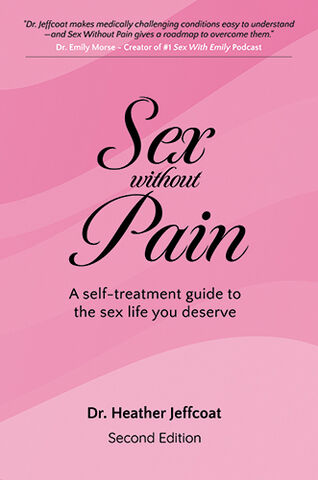Search For Pelvic Floor Treatments, Physical Therapy, and More
Assuming frequent is required, and urination is required, the following 15 results were found.

How do you know if you have lower urinary tract symptoms and an overactive bladder? Over ¾ of women report that they have experienced one or more Lower Urinary Tract Symptoms (LUTS)1. More than ½ of American women report urinary incontinence (UI), and...
- Type: Article
- Author: Staff
- Category: Blog

a tough time on the toilet. Here are some signs to look for in your child once the potty training process begins: Frequent urination (normal is every 2-3 hrs a day) Frequent accidents- especially when engaging in activities ie. monkey bars, running,...
- Type: Article
- Author: Femina PT
- Category: Blog
frequent urinationhttps://feminapt.com/site-index/frequent-urination
- Type: Tag
- Author: Heather Jeffcoat, DPT

Lichen Sclerosus: What You Need to Know About This Common Yet Overlooked Vulvar Condition Have you heard of Lichen Sclerosus (LS)? It’s a chronic skin condition that affects the genital and anal areas, though it can appear elsewhere on the body. While...
- Type: Article
- Author: Debbie Dy, PT, DPT
- Category: Blog

pelvic pain Increased vaginal discharge Irregular menstrual bleeding Fever (>38° C) Pain with intercourse Painful and frequent urination Abdominal tenderness Pelvic organ tenderness Uterine tenderness Cervical motion tenderness Inflammation Pelvic Floor...
- Type: Article
- Author: Staff
- Category: Blog

worth a watch, and here are many more articles on the various causes of painful sex. Frequent Trips to the Bathroom - Frequent urination can be a real bother, but we've got solutions! Aches and Pains During and After Pregnancy - Lumbopelvic Pain is just...
- Type: Article
- Author: Heather Jeffcoat, DPT
- Category: Livestrong

Recurrent urinary tract infections (UTIs) are a common issue that we have seen more and more in our practice in recent years, particularly among women. You’ll seldom find a woman who hasn’t had at least 1 UTI in their lifetime, however, recurrent UTIs...
- Type: Article
- Author: Debbie Dy, PT, DPT
- Category: Blog

Happy Veteran’s Day! Today, we’d like to highlight an important women’s health issue for females serving in the military - a higher risk of developing both vaginal and urinary tract infections while deployed. Females in the Military According to the...
- Type: Article
- Author: Staff
- Category: Blog

I was asked by Shelby Heinrich of BuzzFeed for my advice on how peeing too often can affect your bladder health, and how we need to stop peeing when our bladders are only half full instead of at full capacity. Here is a brief summary with a link to the...
- Type: Article
- Author: Heather Jeffcoat, DPT
- Category: BuzzFeed

Interstitial Cystitis, Multimodal Treatments, and How Pelvic Health Physical Therapy Helps IC Interstitial cystitis (IC) also known as bladder pain syndrome or painful bladder syndrome, is a debilitating condition that significantly affects the quality...
- Type: Article
- Author: Staff
- Category: Blog












